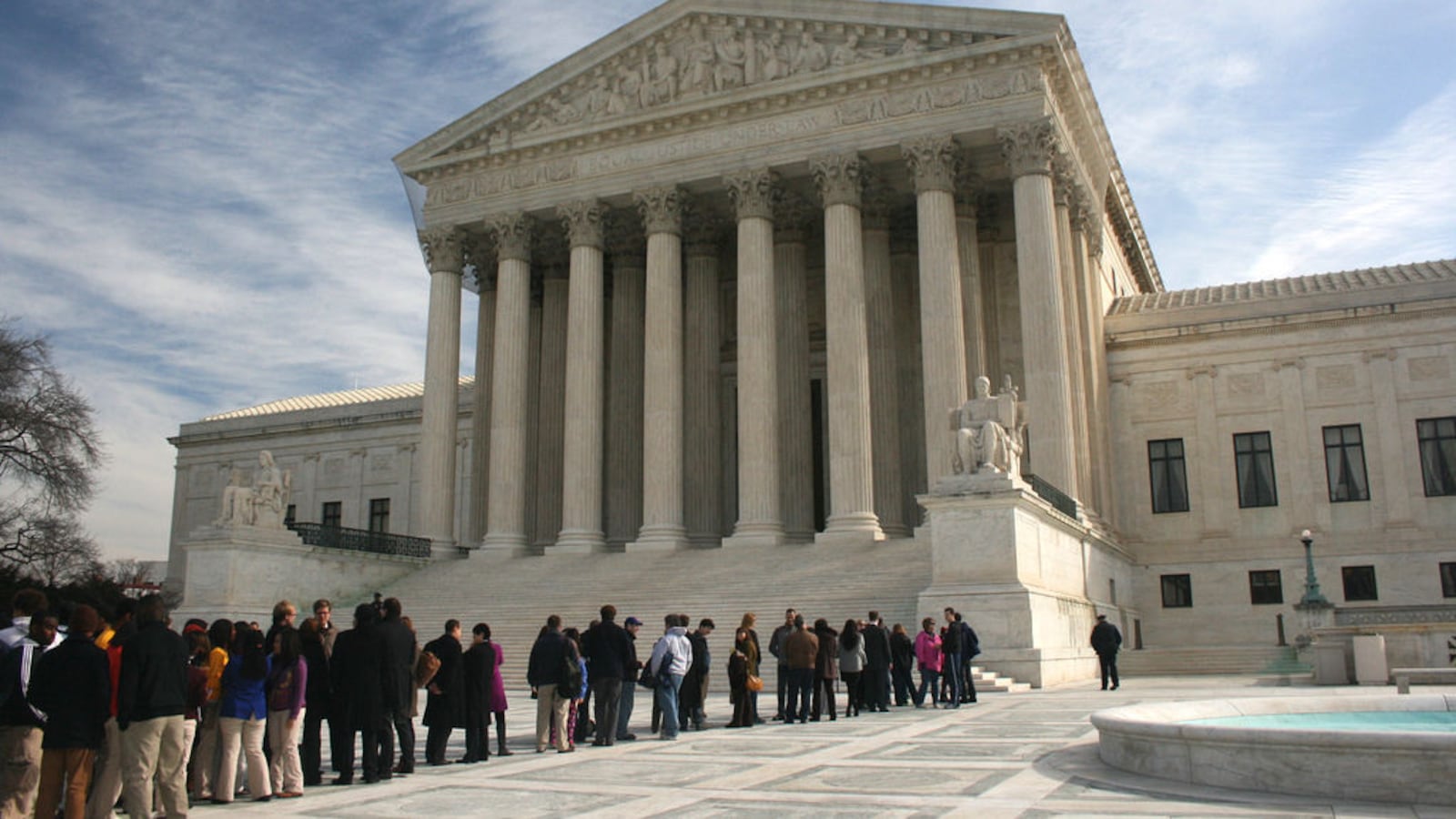Tennessee will largely be left out of the flurry of analysis following a devastating ruling for teacher unions across the nation.
A ruling released Wednesday on the U.S. Supreme Court case Janus v. AFSCME, as expected, essentially outlawed unions from collecting mandatory fees from members and non-members alike. The rationale was that non-members benefited from the union’s bargaining efforts and should contribute. But opponents said those employees should not be forced to pay into something they may not support.
The decision from the nation’s highest court has devastating implications for large unions in the 23 states that have allowed such fees; Tennessee is not among them. In anticipation of the ruling, teacher unions in those states have attempted to shore up finances and membership numbers.
Tennessee is a right-to-work state, meaning an employee is not required to be a paying member of a worker’s union. But to take it a step further, action by state legislators in recent years has weakened Tennessee’s teacher unions. As a result, those groups are losing members and power in their districts. A landmark law passed in 2011 abandoned collective bargaining in favor of less politically powerful exercise known as “collaborative conferencing.”
The law tossed the requirement that districts and organizations representing employees have to reach an agreement. If there’s an impasse, the school board gets the final word.
It also tightened the definition of “professional employee” members, excluding administrators, such as principals, assistant principals, and supervisors, according to a 2012 report by Tennessee’s Offices of Research and Education Accountability.
The law also narrowed the topics that could be discussed between teacher organization representatives and the school district. Their agreements cannot address teacher evaluations, district decisions on “merit pay” for bonuses and raises based on teacher performance, requiring districts to base personnel decisions on tenure or seniority.
Memphis has two professional organizations that collectively represent more than 4,500 teachers and staff members in schools run by Shelby County Schools: United Education Association, which is an affiliate of the National Education Association, and Memphis-Shelby County Education Association, which is more than 80 years old.
In a statement, the Tennessee Education Association said the decision was “bankrolled by corporate interests in an effort to make it even harder for working people to come together and speak up for each other,” but acknowledged that as a right-to-work state, the ruling will have little effect in Tennessee.
“TEA has a proven history as a strong and effective advocate for public education in our state,” president Barbara Gray said in the statement. A spokeswoman said membership started to grow last school year, reversing the downward trend. “This ruling does not change our commitment to Tennessee students or educators.”
Professional Educators of Tennessee, a teachers organization that historically has opposed compulsory fees and does not endorse candidates, said the decision was a “victory for workers’ First Amendment rights.”
“No American worker should be forced to become or remain a union member,” said executive director JC Bowman in a statement. “The Janus decision will not create drastic structural changes to unions. It will simply make them more accountable to their own members.”
This story has been updated with comments from the Tennessee Education Association and Professional Educators of Tennessee.

